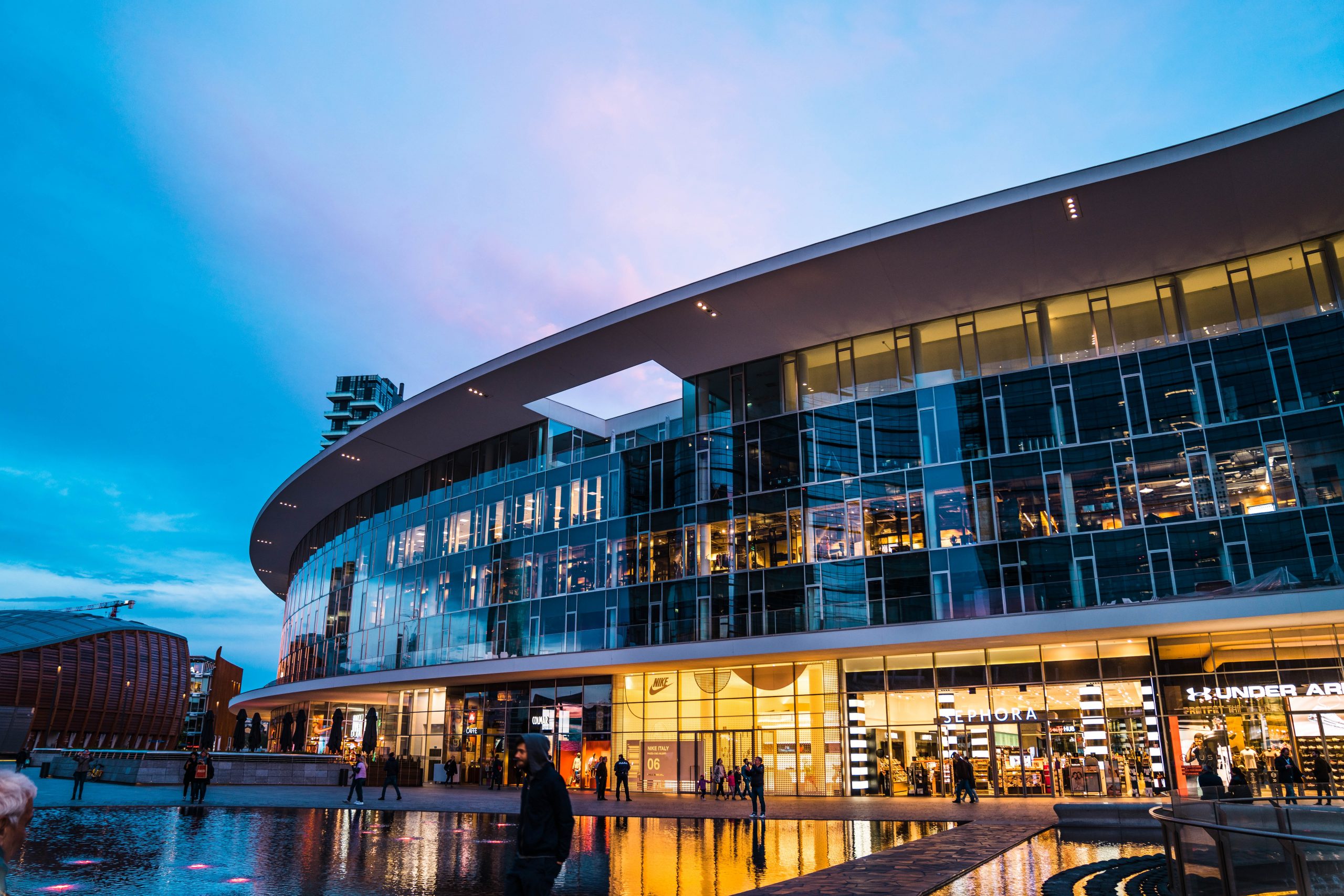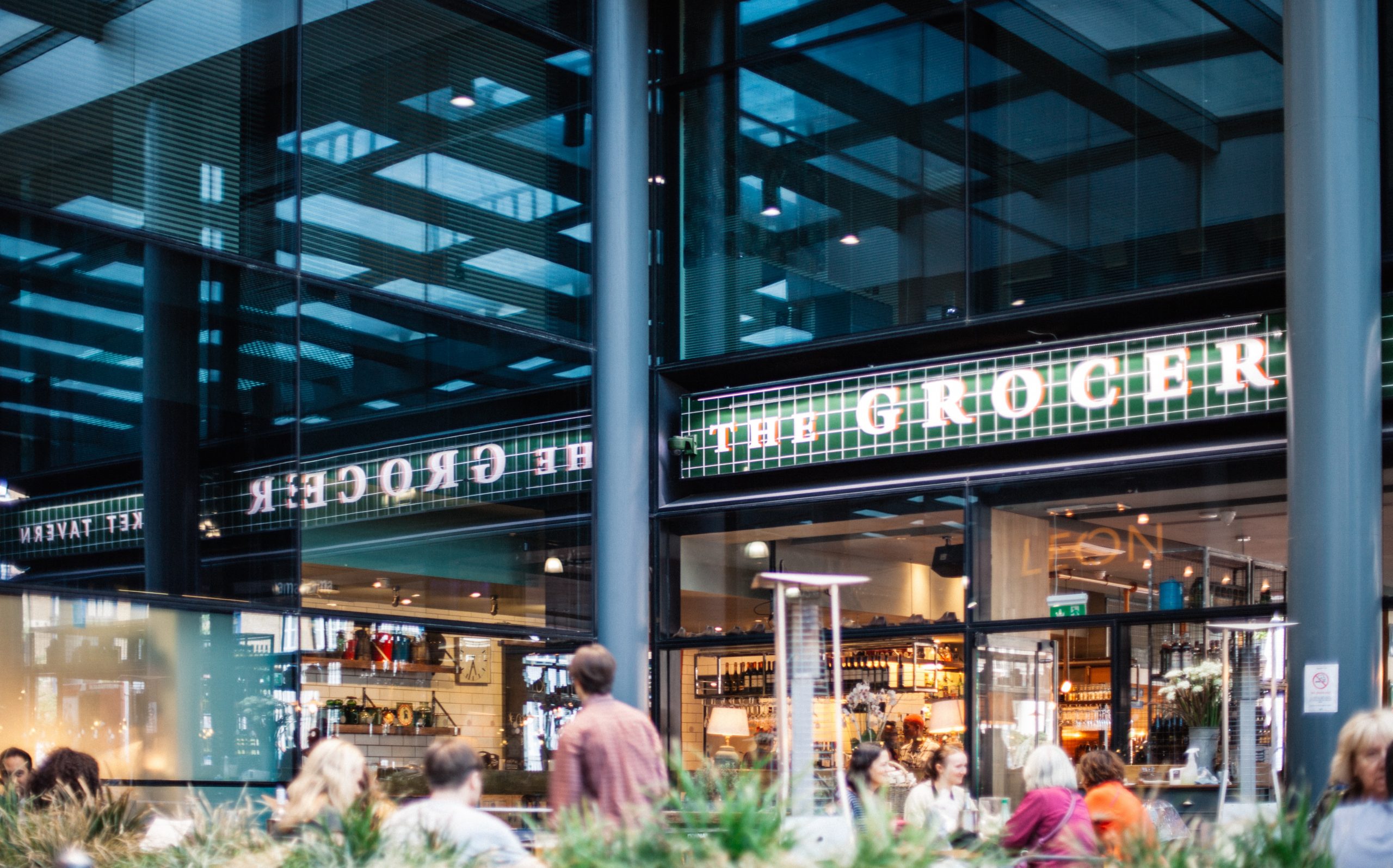11 Reasons Why Buying Land for Investment is a Great Idea


If you’re thinking about investing in commercial real estate then this is definitely an exciting time for you. Purchasing the right property can provide you with extra annual income and a very nice return if you choose to sell it sometime down the road.
But what kind of property should you choose? There are plenty of options and one idea that often gets overlooked is buying land for investment. While it may not seem as exciting as other property types, we’re here to show you why this might just be the best choice for your portfolio.
Below you’ll find everything you need to know about purchasing land, along with 11 reasons why buying land is a good investment.
What is Retail Property?
Retail real estate refers to any property that consists of shopping and entertainment establishments. This could include clothing stores, grocery stores, restaurants, and any other business that sells products and services to consumers.
Terms to Know
To start, let’s go over a few of the terms you’ll need to know if you’re thinking about purchasing land:
Air Rights: The space above the land. Having the air rights gives you the ability to use, rent, or develop that space.
Building Height Restrictions: Every piece of land has restrictions defining how tall a structure on the land can be.
Floor Area Ratio (FAR): A building’s total floor area in relation to the plot of land it sits on. Every property will have a FAR that it must adhere to.
Ingress and Egress:The right by a property’s owner to enter (ingress) and exit (egress) the property. This is important if you purchase a piece of land that doesn’t have direct road access.
Mineral Rights:The ability to extract minerals (oil, gas, coal, metal ores, stones, sands, or salts) from the land.
Parcel of Land:A lot of land that’s been defined by the county, city, or municipality.
Permitted Uses:Other uses for the land that city or county officials may allow despite the property’s zoning regulations.
Raw Land:A plot of land that doesn’t have any established structure on it, that can be used for commercial or residential development, farming, or the harvesting of natural resources.
Subdividing:The process of dividing a lot with the goal of developing different areas separately.
Topography:The shape and features of the land. For example, is the land bare and flat, or are there plenty of hills and vegetation?
Water Rights:The right of a property owner to use any body of water on their land as they see fit, as long as it doesn’t affect those upstream or downstream.
Zoning:Rules and regulations that govern what a piece of land can be used for, as defined by the county or municipality.
Zoning variance:A request made by the property owner to use the land for purposes other than what’s permitted by the current zoning regulations.

11 Reasons to Buy Land for an Investment
Considering investing in raw land? Here are a few reasons why this is a great idea:
It’s Inexpensive
Perhaps the best reason to buy vacant land is that it’s cheap, since the lack of any physical structures brings the price way down.
Of course, if you plan on developing the property there will be significant costs involved. However, there’s nothing stopping you from leaving the land as-is and treating it as an investment.
For new investors with a smaller budget, this can be a great way to enter the market.
There's Less to Worry About
Most commercial properties you’ll buy will come with a variety of buildings and structures. While some will be in good shape others may be in need of repairs. Because of this, you’ll need to inspect any buildings on the property carefully to identify potential issues.
You’ll also likely inherit a few tenants. For the most part this will be good, but it’s possible you might end up with some troublemakers. And if the property has a high amount of vacancy you’ll have to figure out how to fill the empty spaces.
With raw land, you won't have to deal with these problems. This makes the buying process a lot simpler.
You Don’t Need to Maintain It
If you have buildings on your property they’re going to need to be maintained. It doesn’t matter how new the buildings are or what shape they’re in when you buy them, they’ll require regular maintenance to keep them in proper working order.
With any sort of structure also comes the threat of theft and vandalism, meaning you’re going to have to think about security.
Raw land doesn’t need any maintenance and there’s nothing that can be stolen. This makes it a hands-off investment that won’t require a lot of work.
Fewer Ongoing Expenses
Because there’s no maintenance or management required there are also minimal expenses. There are no utility bills, and property insurance and taxes will be marginal if you don’t plan on developing it.
You also don’t need to worry about the depreciation of buildings and other assets on the land which reduces your risk.
More Possibilities
If you invest in a property with buildings already on it it’s difficult and costly to make changes. For example, say you buy a property with retail spaces on it. If you want to convert it to an office building it’s going to take a lot of time and money to do that.
However, with vacant land you’re only limited by the zoning regulations. And even then, it’s possible you can be granted an exception due to permitted uses or a zoning variance. This gives you a lot more options for development.
Raw Land is Scarce
Whenever a vacant lot gets developed into a condo building, retail center, or industrial property, that’s one less piece of raw land on the market. These types of properties are in decline and it’s getting harder and harder to find undeveloped land to purchase.
As an investor, having a rare commodity is always a good thing. If people are looking for raw land their options will likely be limited. This could mean a higher price for your property when you plan to sell it.
Less Competition
In general, vacant lots have less competition than developed ones. Most investors are looking for land that already has established businesses on it and some don’t see all the great possibilities that raw land provides.
The Cons of Investing in Retail Property
No real estate investment is without its drawbacks. Here are a few things to consider if you’re thinking about purchasing a retail property:
It’s Impacted by Economic Downturns
Retail businesses can be very up and down and are often hit the hardest by an economic downturn. If your tenants fall on hard times and have to close their businesses it could lead to an unexpected amount of vacancy.
Having a diverse group of tenants can give you some protection from this, but you should still expect to lose a few tenants when a recession occurs.
It Can Be Difficult to Find New Tenants
There aren’t always plenty of people looking to start new businesses and rent commercial space. If you find yourself with a vacancy it can take a lot of time to find the right tenant to fill it.
Luckily, the longer lease terms mean that once you find a good tenant they’ll be with you for a long time. This mitigates the problem somewhat, but it’s still something to think about.
Changes to the Area Can Affect Property Value
The value of every piece of real estate is impacted by its location, and retail properties are no exception. Stores rely heavily upon foot traffic and anything that reduces that could harm the value of your property.
If a popular business moves out of the neighborhood it could mean fewer customers coming to the area. Even something as simple as a traffic pattern change can negatively affect how desirable your location is, which could mean fewer tenants and lower rents.
How to Find the Right Retail Property
We’ve established all the reasons why purchasing retail real estate might be a good idea for you, but once you make the decision to invest how do you find the right property? Here are a few tips:
Choose a Good Location
The first thing any potential tenants will be looking for is a good location. Having a quality location will make it easier to attract new businesses and allow you to charge higher rents.
Some things you should look for are:
Popular big-box stores nearby that will attract customers to the area.
A property that’s easily accessible.
Lots of parking, either on the property or nearby.
An area that’s up and coming. Look for a location that lots of new businesses are moving to and avoid areas that a number of businesses seem to be moving out of.

Assess the Condition of the Property
Maintenance and repairs are often a property owner’s primary expenses. Plus, businesses want to move into an attractive space that will be appealing to customers. If your property is constantly in disrepair it will make it harder to find new tenants and keep your existing ones.
So, finding a property that’s in good condition will be critical to your success. Hire an inspector to have a look and report back to you with anything you should be concerned about. If you’re still interested in a lot that needs repairs you should negotiate a tenant improvement allowance (TI) so you can fix up the space before you take occupancy.
Have a Look at the Financials
Before investing in retail real estate you need to be sure that it will be profitable for you. In order to determine this there are two metrics you should look at:
Net Operating Income: This will give you a good idea of what your annual income will be. To determine this number, subtract the property’s operating expenses and vacancy from its scheduled gross income.
Capitalization Rate: In addition to your annual income you’ll also want to know what the rate of return on your investment will be. You can estimate this with the capitalization rate, which you get by dividing the net operating income by the property’s value.
Review the Existing Leases
It’s important to know what type of lease structure is currently in place, as this will affect how much work you’ll have to do.
Absolute net leases are the most hands-off, with all expenses and responsibilities falling on the tenant. As discussed earlier, triple net leases only require you to deal with larger repairs.
Double-net leases mean tenants will cover the taxes and building insurance, while you’ll be in charge of maintenance and repairs. There’s also a full-service lease where you’ll be responsible for everything.
As you can see, the conditions can vary greatly depending on the lease, so make sure you know what you’re getting into.
Hire a Commercial Real Estate Broker
This is especially good advice for new investors. A commercial real estate broker will help you find properties that meet your criteria. They can also arrange for a wide array of inspections and guide you through the negotiation process.
Buying retail real estate is a major purchase, so it’s always a good idea to bring in experts who can advise you and help you make the right decision.
Conclusion
Investing in retail property can be a great decision for the right buyer. If you’re thinking about purchasing this type of real estate be sure to do your research first and evaluate all of your options. Assuming you follow the right steps this type of investment should be very profitable for you.

Thank You!
We will contact you as soon as possible.
Be the First One to Know about the
Off-Market Opportunities
Sign up to receive real estate insights and tips direct to your inbox and get exclusive access to investment opportunities.